There’s something I want to write about that’s so big that it deserves a longer format, maybe even a well-researched book. But today, I’ll just get to the questions that stem from this piece of my family’s history.
First, I need to tell you that my great grandfather (William Maxwell Scott) was on the board of trustees at Tuskegee Institute from 1913 until he died in 1942. He was a successful White businessman in Philadelphia who was committed to the cause of educating Black people early in the 20th Century, which tells me a lot about him. He was invited to join Tuskegee’s board by Booker T. Washington and Julius Rosenwald, a Jewish Man and President of Sears, who, along with Washington, built 5000 Schools throughout the South to give Black children the hope that a good education provides. During his time at Tuskegee, my great grandfather became good friends with George Washington Carver, who, among many other things, was the director of Agriculture at Tuskegee. These were remarkable men. That my great grandfather was among them makes me proud.
A few years ago, my father sent each of his six kids a 3-inch pile of random Scott family papers. Most of what I got were letters written in that gorgeous but difficult-to-read script that people used in the early 1900s. My relatives wrote about the weather, their children, or plans for summer vacation, but in a couple, William, my great grandfather, tells his dearest Mary, (my great grandmother) that there seems to be a flu going around. He thinks the media is over-reacting, but he’s worried enough to secure a private car for her on a train from Boston to Philadelphia to get her home as quickly as possible. That flu was the Spanish Flu that ultimately took the lives of 675,000 Americans. My great grandfather’s dismissiveness and simultaneous worry sound like us in 2020.
Amongst the papers my dad sent are a couple of things I’m especially curious about. Some are from William’s lifetime, but others came later, kept by other members of the family. I look through these pieces of history and I want to know more. But the questions I’m asking myself are: Is pride in my ancestors enough? Am I doing enough to honor their legacy? To work for the rights of all people, today?
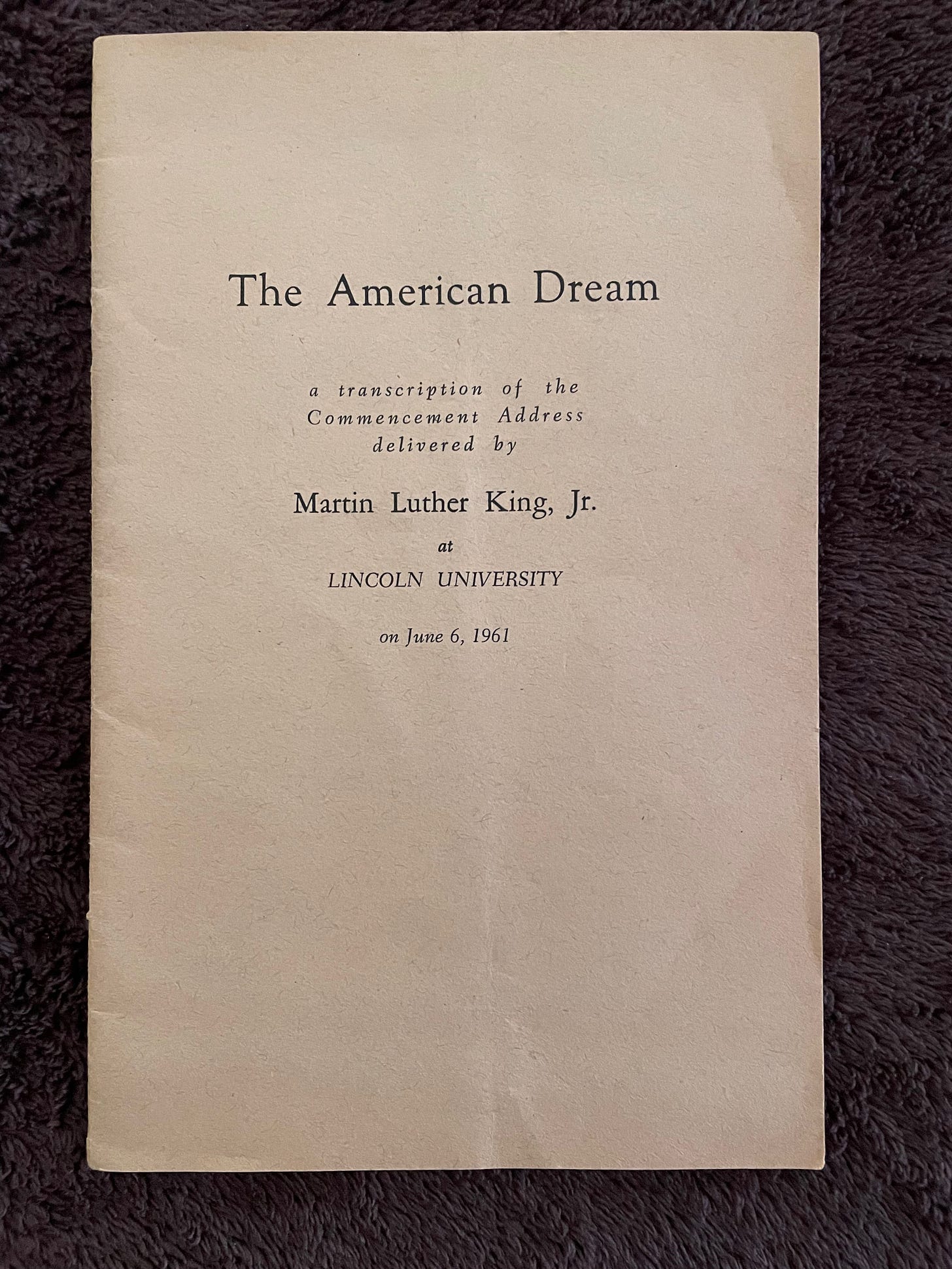
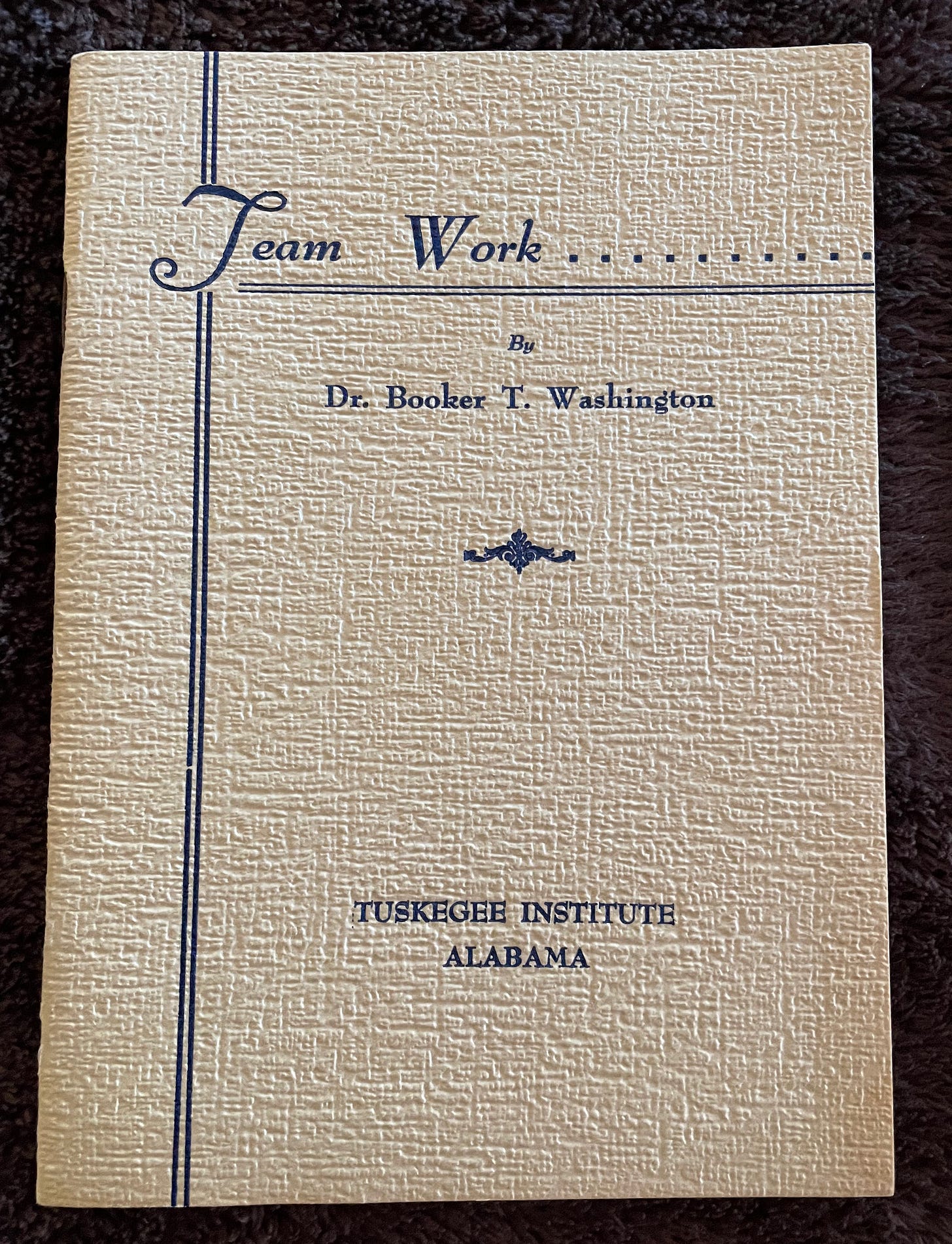

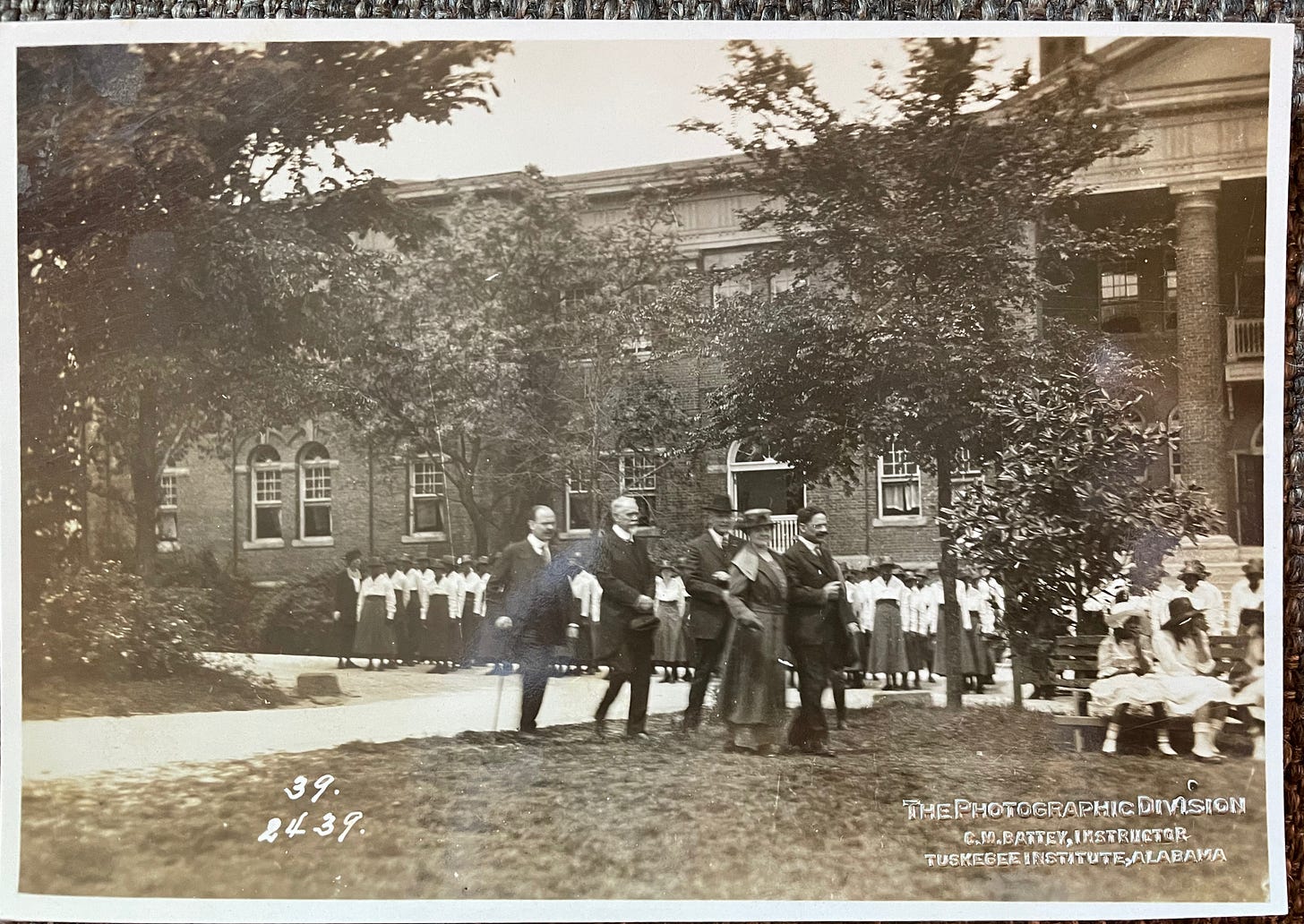





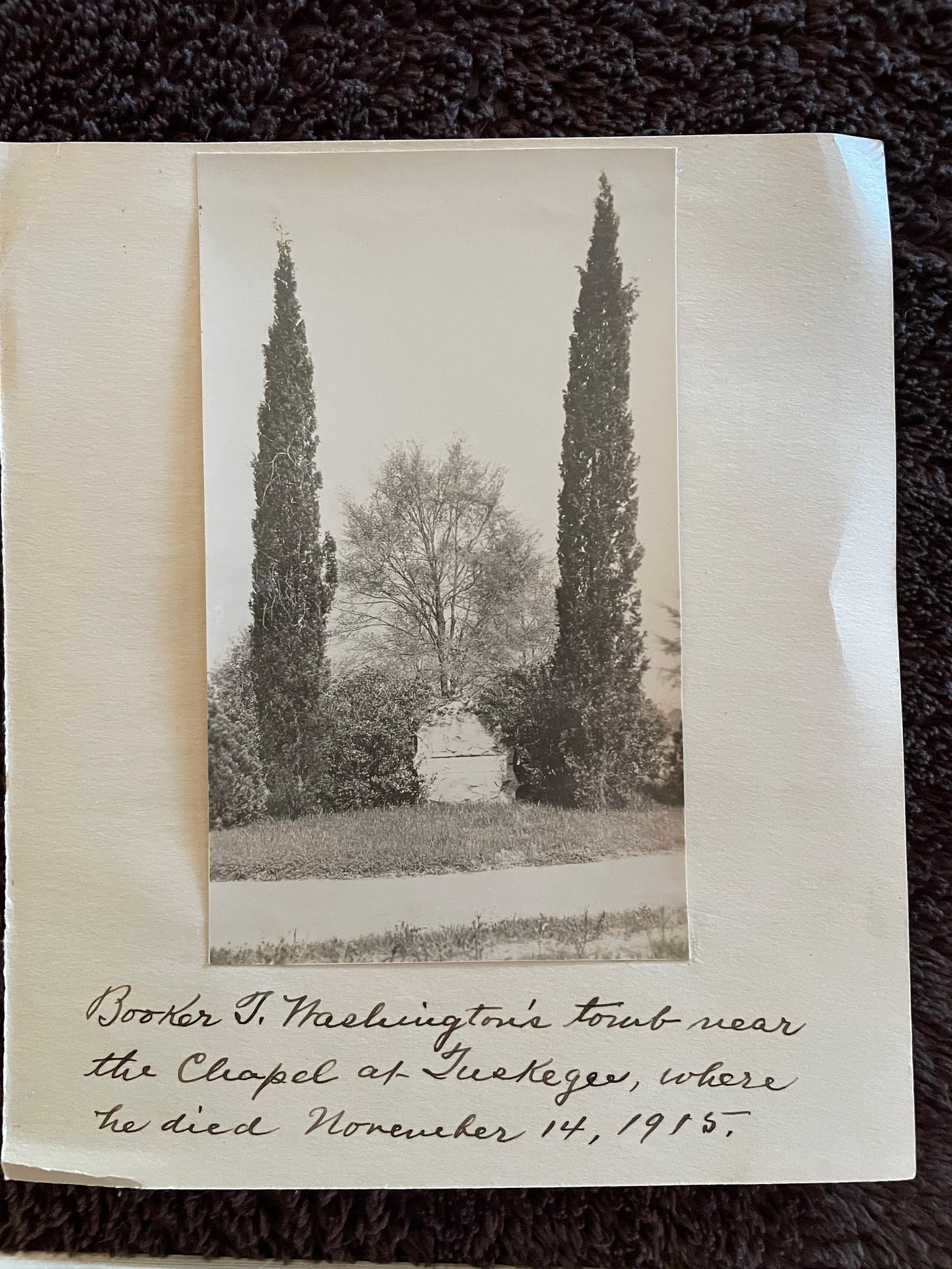
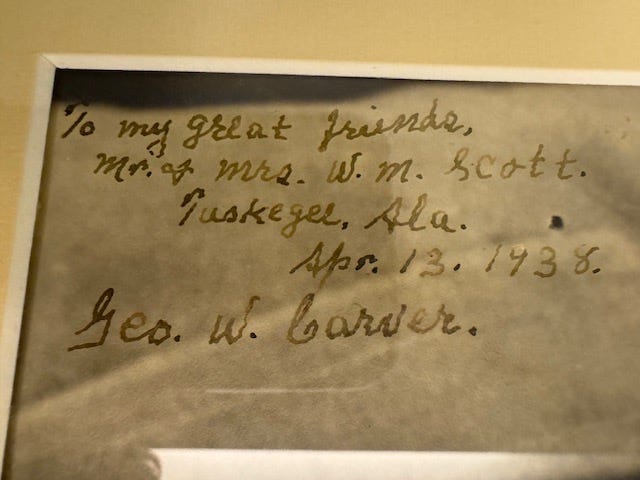

what can you do to honor their memory? Bar, you live it. You are kind and generous and curious. You talk to strangers, you want to know more. You help those who need help. You are a living tribute.
These memories are golden, my friend. The goodness of the old ones in your family lives in you. You do what you can for now, and the generational strength and conscience within you may deliver you to an expanded purpose. You will know it when it comes. In the meantime, know that I call you an ally.